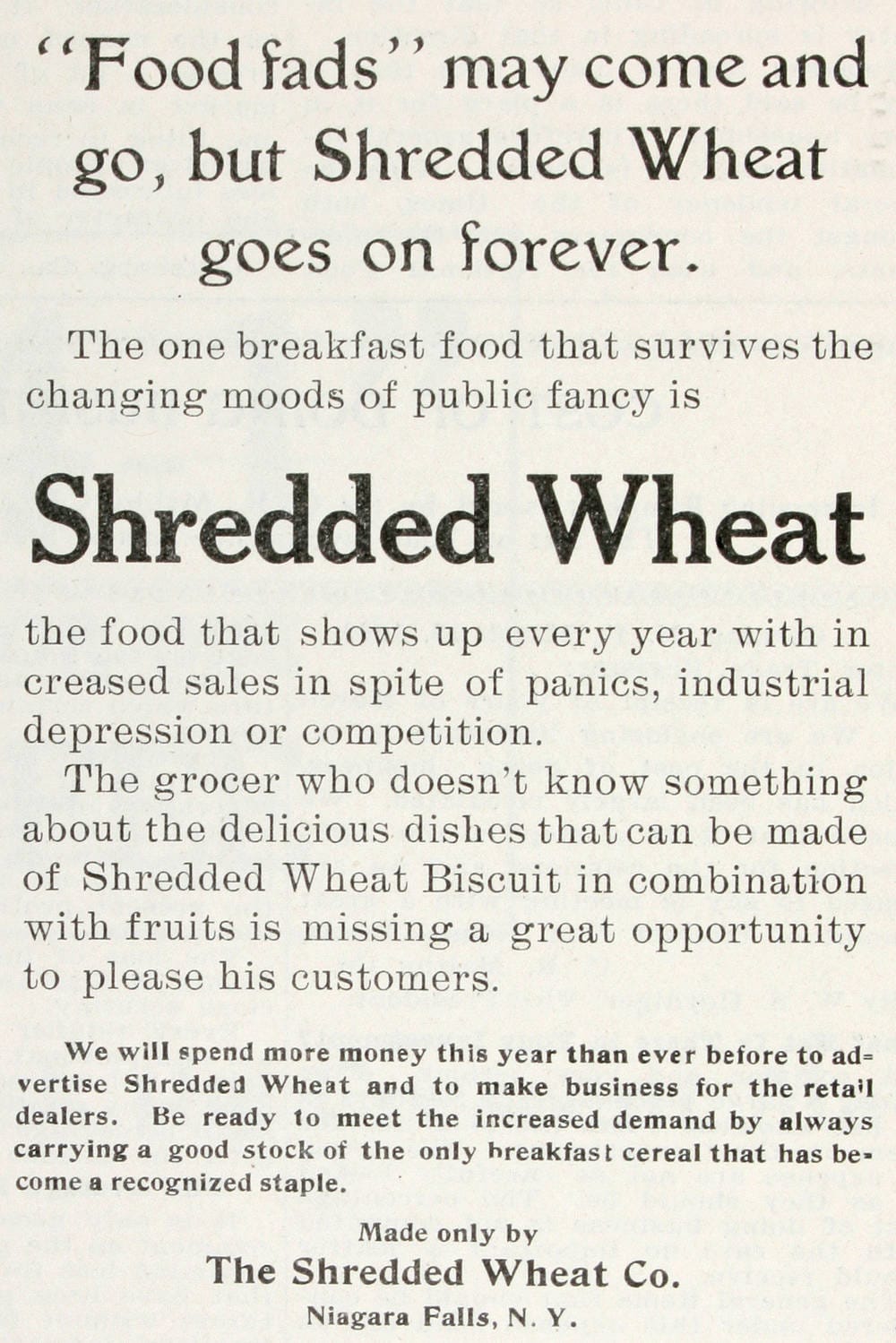The Fascinating Marriage of Politics + Policy
Hello Dear Reader!
I'm off for the long weekend, but I rummaged around in the archives and plucked out this favorite for you!
Wishing you all good + gentle things in the days ahead,
Caitie
The Fascinating, Often Dysfunctional Marriage of Politics & Policy

Wheat grown in Kansas, shipped from northern California ports, and rotting in shipping containers overseas tells a fascinating story of the dynamic at the heart of American policymaking.
Back in the roaring 1950s, Congress passed the Agricultural Trade Development and Assistance Act which did a whole lot, but we'll pluck out three things. First, address global food insecurity by shipping U.S. grains overseas thereby (second) offloading excess American agricultural products created by advances in herbicides and seed technology, and (third), generating new markets for American farm products.
Eventually, this program would be named Food for Peace and bags of corn, wheat, and sorghum labeled "USAID FROM THE AMERICAN PEOPLE" would show up in Ethiopia and Haiti, Somalia and South Sudan. And it would show up on ships with U.S. flags flapping high, which pleased the American maritime industry.
On its face, a pretty innovative idea: employ American farmers, millers, and shippers - who are in both Democratic and Republican districts, so you've got bipartisan skin in the game - to help feed folks in other countries experiencing hunger and famine.
Food security promotes stability and peace, hence Food for Peace. And in some situations, say short-term emergencies, U.S. commodities can be a good fit and build some real goodwill.
But perhaps you can sniff out a bit of friction here.
What if American corn doesn't quite meet the nutritional needs of folks who are hungry, as a study found? Or they don't have the right tools to prepare it? Is it more supply than demand driven?
Hunger and conflict often go hand-in-hand; what if the ports are inaccessible and American sorghum rots in shipping containers, like it did in Haiti?
What about buying culturally appropriate food closer to a famine, as other countriesdo?
And are U.S. flag ships the best way to get food from here to there (it jacks up the cost by 25%)?
All fair questions. The US Agency for International Development (USAID), which runs Food for Peace (and where I once worked, though not on this program) has been trying to untie some of these knots for years. They've been able to buy more local and regional food, use vouchers.
But they continue to run smack into a trifecta of special interests so muscular, it has its own name: the iron triangle. It's made up of big ag, U.S. shippers, and the non-governmental organizations who administer Food for Peace.
And the most powerful voice advocating for the iron triangle? The bipartisan Senators and Members of Congress who have a lot of agriculture, shipping, milling in their states and districts. Folks who represent the wheat and sorghum growers in Kansas or the ports in California.
In many instances, there are less expensive, more culturally appropriate and nutritionally impactful ways to get food to folks who are hungry than shipping Kansas wheat to them, fine though that wheat may be. But that's a tall political order for some legislators.
If policy is a plan or course of action and politics is the power to actualize it, right here we have a textbook example of district or state politics contorting smart policy.
It happens all the time. And if you find yourself wondering why Congress, the statehouse, the town council is moving in a direction that seems counter to the evidence, there's a good chance that politics are driving the policy.
